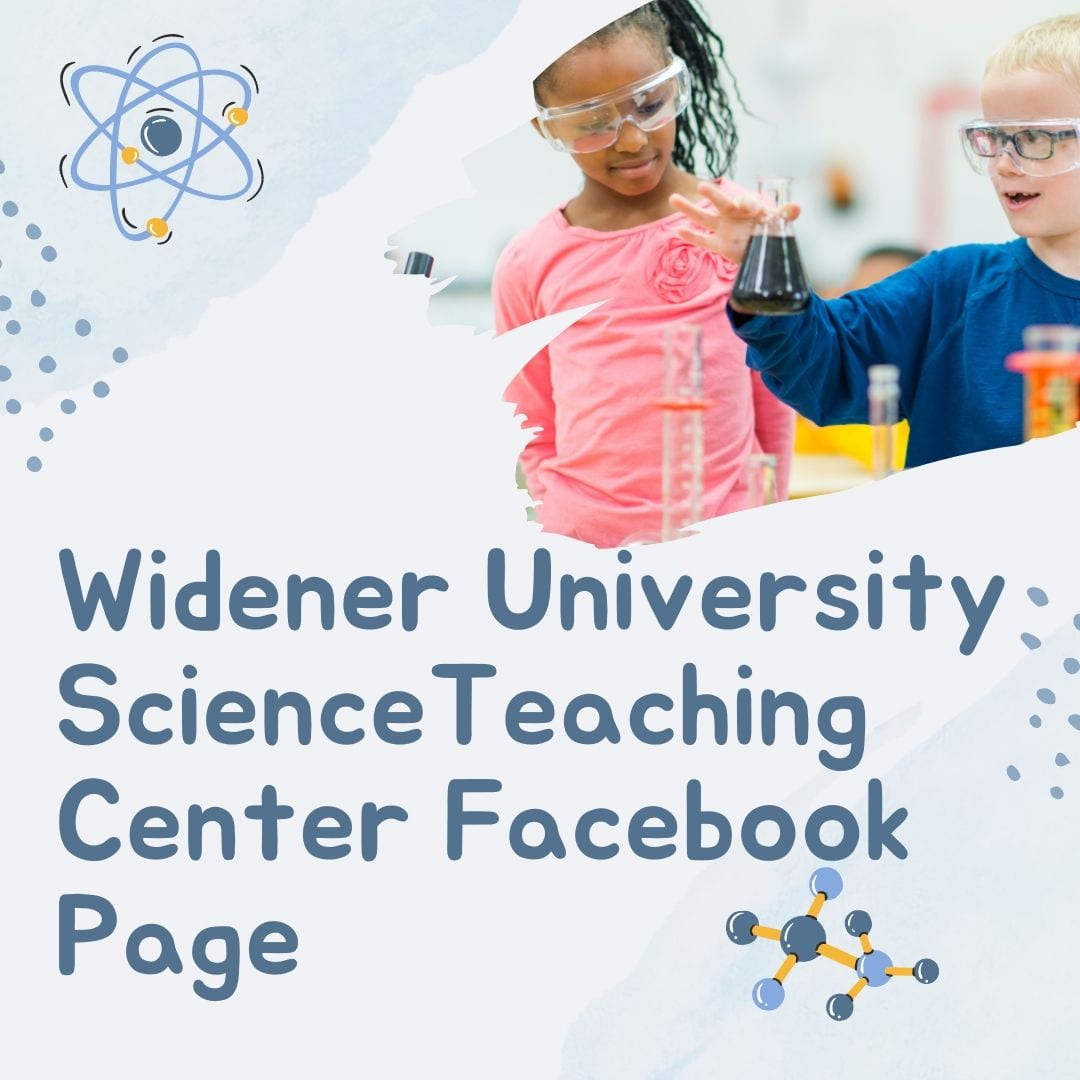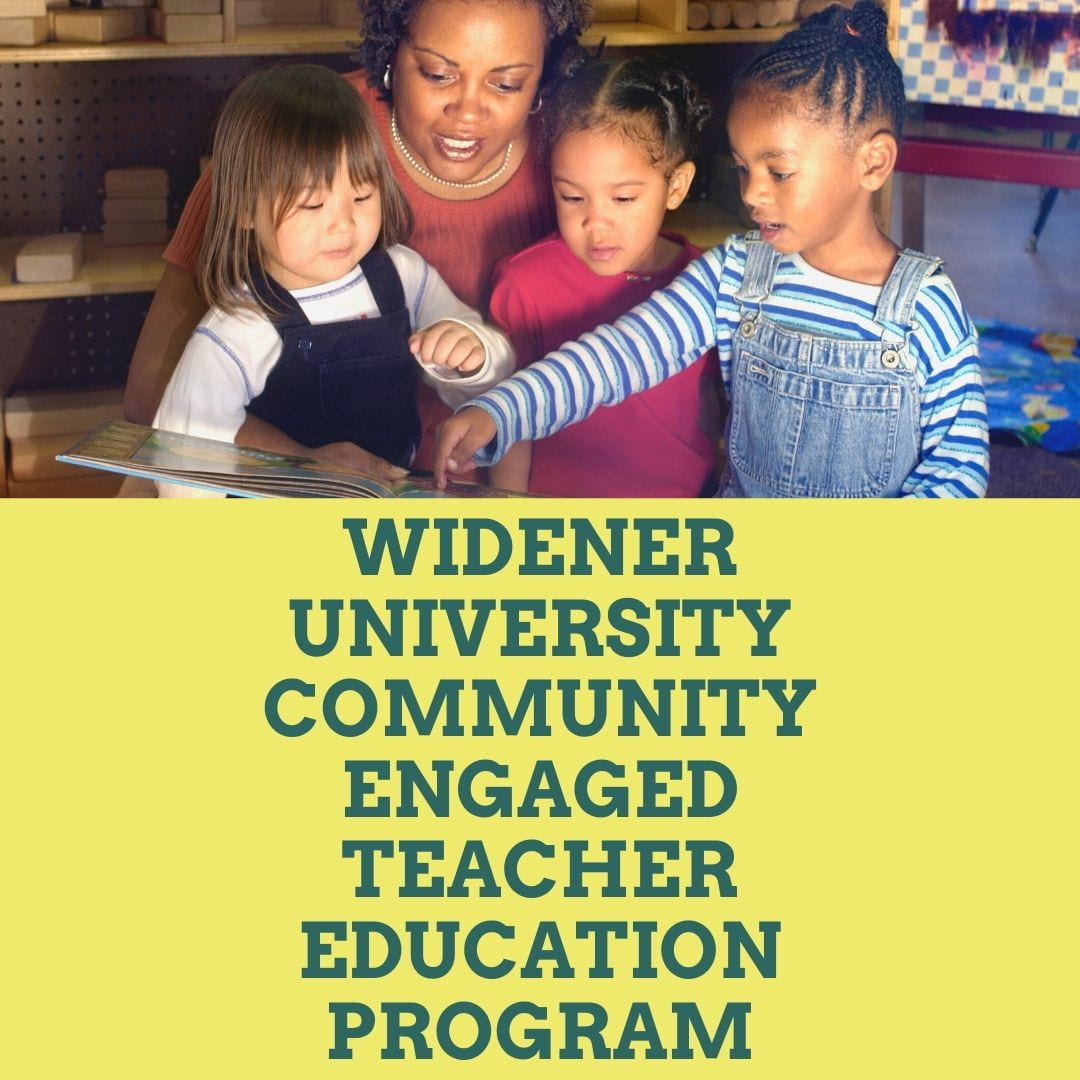Teaching Resources
Resources for Teachers
- Environmental Literacy Curriculum Connections An educational resource provided by the Lawrence Hall of Science, offering a comprehensive environmental literacy curriculum. It includes engaging activities, lesson plans, and teaching resources designed to promote environmental awareness and stewardship among students. The curriculum emphasizes hands-on learning experiences and inquiry-based approaches to foster critical thinking and problem-solving skills related to environmental issues.
- National Outdoor Learning Library serves as a repository of resources dedicated to green schoolyards and outdoor learning environments. It offers a diverse collection of articles, guides, case studies, and tools aimed at supporting educators in creating and utilizing green spaces for learning and play. These resources emphasize the benefits of outdoor education, environmental sustainability, and community engagement, providing practical insights and inspiration for designing and implementing green schoolyard initiatives.
- Ambitious Science Teaching is a valuable resource for science educators seeking innovative teaching practices and strategies. It provides a wealth of resources, including lesson plans, videos, and professional development opportunities, all centered around the Ambitious Science Teaching framework. This framework promotes student-centered, inquiry-driven approaches to science education, emphasizing the importance of collaboration, sense-making, and disciplinary practices in fostering deep understanding and engagement among learners.
- The Argumentation Toolkit is an educational platform developed by the Lawrence Hall of Science, focusing on argumentation in science education. It offers a variety of resources, including lesson plans, videos, and tools, designed to support educators in teaching argumentation skills in science classrooms. The toolkit emphasizes inquiry-based learning and provides practical strategies for engaging students in constructing and evaluating scientific arguments, promoting critical thinking and communication skills essential for scientific literacy.
- Edutopia – A non-profit website from the George Lucas Educational Foundation. Edutopia is a comprehensive resource for educators covering topics such as project-based learning, social and emotional learning, technology integration, and classroom management. It features articles, videos, and guides to support professional growth.
- TeachThought offers practical resources, articles, and guides on various aspects of education, including critical thinking, creativity, and differentiated instruction. It’s a valuable resource for teachers looking to innovate in their teaching practice.
- National Education Association – The NEA provides professional development resources for teachers, including webinars, courses, and articles on topics such as classroom management, assessment, and curriculum design.
- Coursera offers online courses specifically designed for teachers, covering a wide range of subjects including pedagogy, educational technology, and content-specific instruction. Many courses are created by top universities and institutions.
- PBS LearningMedia offers a vast collection of digital resources, including videos, lesson plans, and interactive activities aligned with curriculum standards. It covers subjects ranging from science and math to history and the arts.
- Learning Accelerator is a platform dedicated to providing educators with curated resources, strategies, and best practices for implementing innovative learning models in schools. It offers a collection of case studies, tools, and guides designed to support educators in designing and implementing personalized and blended learning approaches to meet the diverse needs of students. The website focuses on practical insights and evidence-based strategies to help educators effectively leverage technology and pedagogy to enhance student learning experiences.
- Smithsonian Education offers classroom resources, lesson plans, and activities based on the collections and expertise of the Smithsonian Institution. It covers various subjects, including science, history, and the arts.
- Google for Education – Teacher Center provides training and resources for educators to integrate Google’s suite of tools into their teaching practice effectively. It offers courses, tutorials, and lesson ideas for using Google Classroom, Google Docs, and more.
- The World Wildlife Fund (WWF), is a leading organization dedicated to wildlife conservation and environmental sustainability. This website offers a wealth of educational resources, including articles, videos, and interactive tools, aimed at raising awareness about conservation issues and empowering educators to incorporate environmental education into their curriculum. These resources cover a wide range of topics, from biodiversity and climate change to wildlife protection and sustainable living practices, providing valuable insights and inspiration for educators and students alike.
- The Climate Initiative Learning Lab is an educational platform provided by The Climate Initiative, offering resources and tools specifically tailored for teachers. It includes lesson plans, activities, and multimedia materials designed to enhance climate literacy and empower educators to integrate climate change education into their teaching. The Learning Lab emphasizes inquiry-based learning and provides resources that address the science of climate change, its impacts, and solutions, enabling educators to engage students in meaningful discussions and actions to address this critical global issue.



